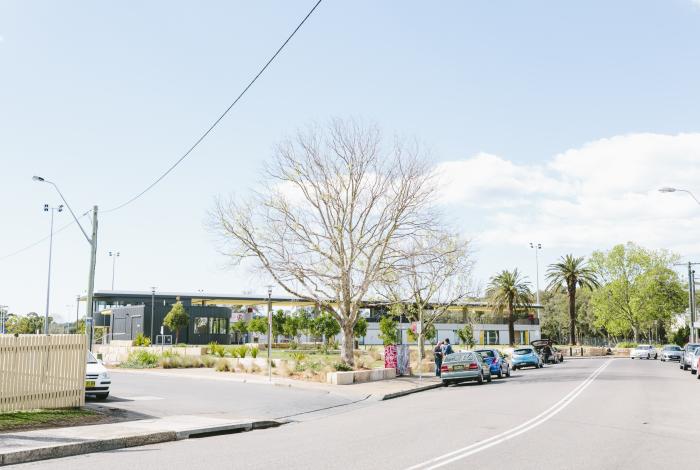Council has drafted two works-in-kind policies and supporting guidelines for Local Infrastructure Contributions that will help ensure quality infrastructure, value for money and increased transparency when assessing requests for infrastructure works in lieu of Development Contributions.
These drafted policies and guidelines deliver on recommendations outlined in an audit report by the NSW Auditor General in August 2020 and include input gathered during Council staff consultation and legal advice.
The policies and supporting guidelines identify clear assessment protocols for the lodgement and consideration of requests to undertake infrastructure works in lieu of Development Contributions.
They also seek to minimise risks such as works not meeting required specifications, and include measures such as:
- Undertaking of independent valuations for proposed works-in-kind; and
- Guidelines embedded in operational procedures within Council to ensure infrastructure is constructed to relevant Council standards and consistency with adopted Development Contribution Plans and/or Developer Servicing Plans.
Submissions were invited between Friday 19 March and Friday 16 April 2021.
Something you need to know: Under the Government Information (Public Access) Act, 2009 (GIPA ACT), members of the public can seek access to the submissions and council cannot give assurance that the document will remain confidential.
Basic Documents
Segmented Documents
Timeline
Who's listening
Local Infrastructure Contributions are charged by Council when new development occurs to fund local infrastructure needed to service an increased number of residents in the area.
This type of local infrastructure typically includes water and sewer infrastructure, local roads, stormwater and drainage, shared pathways, parks, playspaces or other recreational areas, environmental land and community facilities.
Central Coast Contribution plans are available to view on Council’s website.
No. Whilst contributions are typically in the form of monetary payments for works that Council will deliver under the relevant Local Contributions Plan, applicants for a development may seek to undertake Works-in-Kind in lieu of full or partial monetary payment.
Works-in-kind can be beneficial to Council by reducing operational expenditure and resources associated with delivering the works. However, there are governance, financial and other risks associated with works-in-kind. An example is where works delivered might not meet Council specifications, as such, they result in ongoing maintenance costs or rectification works at Council expense.
